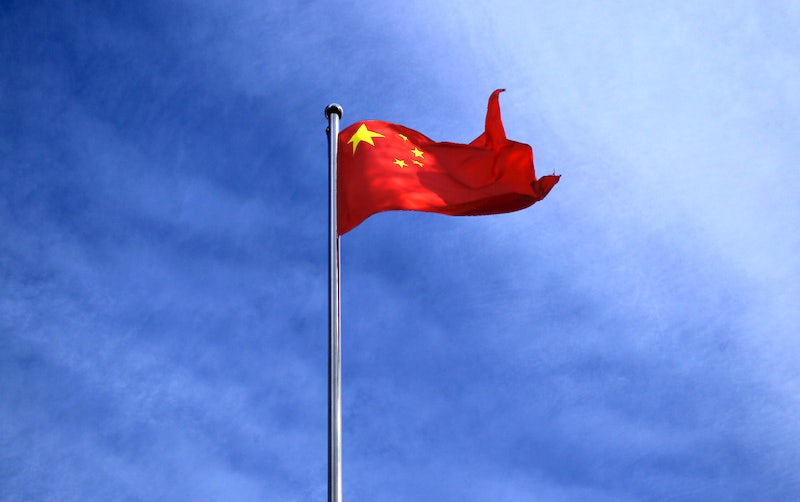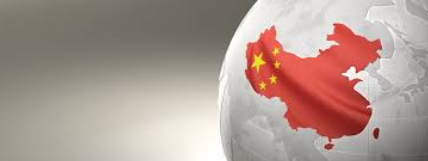China, the second-largest economy in the world, has recorded its first deflation since 2021, and the country’s growth is slowing at a great pace. The decline increases the likelihood that businesses will reduce production and lay off workers. Beijing prefers tailored measures to large-scale stimulus packages to reverse the trend, but people aren’t spending as a result of the economy’s sluggish income growth and uncertain future.

The world’s second-largest economy, China, announced today that it had entered deflation for the first time since 2021, the most recent sign of a slowdown.
Causes of Deflation in China
China is a nation where property has long been regarded as a sure option for Chinese middle class investors looking to increase their wealth, bricks and mortar make up a significant portion of the economy. But some problems prove to be a great depression for a nation.
Stagnant Consumption
However, financial difficulties at numerous developers, many of whom are currently trying to survive, are causing a crisis of confidence among potential purchasers and driving down prices.
According to an analyst at Mizuho Bank, families would continue to be cautious regarding making purchases of big-ticket items, given the potential risks of job losses and constant salary cuts, given the current state of the economy.
Consumers aren’t also making purchases since income growth has slowed and the economic picture is still uncertain. One out of every five young people in the country is unemployed, and households are making financial sacrifices, signalling that the post-Covid recovery is losing pace. The Covid era had already cost China so much.
Export Problem
China, which has been called the workshop of the world for quite a long time, is still heavily reliant on exports. International demand for Chinese goods has decreased as a result of the looming recession in the United States and Europe and raging inflation. Exports experienced their largest annual decline in more than three years in July, falling 14.5 percent.
Beijing might permit the yuan to weaken versus the dollar in order to help the export industry, according to Cheung of Mizuho.This tactic, which China has already employed, would theoretically increase the cost competitiveness of its exports.
Global Political Tensions
In the midst of tensions with Beijing, some Western politicians are in favour of the decoupling from the Chinese economy. A US-based consultancy, claims that the Chinese government’s increasingly authoritarian attempts to control Chinese society and draconian legislation like the updated anti-espionage law have also greatly eroded domestic and foreign confidence in doing business in China.
Following the implementation of a revised law in July that significantly broadened China’s definition of espionage, analysts warned that even businesses with flimsy connections to groups suspected of spying might be subject to crackdowns. According to Goldman Sachs, in the second quarter of 2024, foreign direct investment in China decreased to its lowest level since 1998 and Beijing has almost few viable choices to revive the economy, according to the global analysts.
Effects of Deflation on China
Deflation offers a long-term concern, even though on paper dropping prices may seem to be favorable for purchasing power. Consumers wait to spend in the hopes of receiving a better deal.
Additionally, when there is no demand, businesses reduce their output, stop employing new employees, fire existing ones, and lower their prices to get rid of their inventory, which has an adverse effect on their profitability because their costs remain the same.
Measures taken by China
Beijing is seeking to stop the recession in whichever way it’s possible.
Generating a Stimulus plan
During the late 2000s financial crisis, China proposed a large stimulus plan worth four trillion yuan ($556 billion at today’s currency rates).
The strategy led to a boom in the construction of highways, airports, and high-speed rail lines, but it also increased the risk of pointless projects and mounting debt which was not beneficial to the country in future.
According to Larry Hu, an economist, Beijing is now more interested in targeted measures than a broad, expensive stimulus plan, seeing the last plan’s impact. As a result, the government has announced initiatives to promote the purchase of electric cars and home appliances.
Rising Consumptions
China has recently announced a number of initiatives to increase consumption, such as large-scale sporting and cultural events, as well as an increase in expenditure on catering and healthcare services.
However, experts at Trivium, a research group with a focus on China, claim that this doesn’t address the problem’s core issue.
Promotion of more events or festivals can’t guarantee an increase in consumption, but for sure an increase in the cost to organize or make them available.
Loan Policy
To allow developers to finish their current projects, the central bank has extended loan repayment deadlines and its support for developers.To increase demand, a number of cities in central China have loosened purchasing restrictions.
Will China be Successful?
A bank analyst in China, cautions that the outcomes might not live up to expectations, citing weak confidence about the future and a falling population as the main causes of a reduction in house demand.
And practically consumption won’t significantly increase until these two problems are resolved, the researchers predicted.
And if Consumption progress remains the same, the chances of a quicker revival of the economy may prove to be futile.












